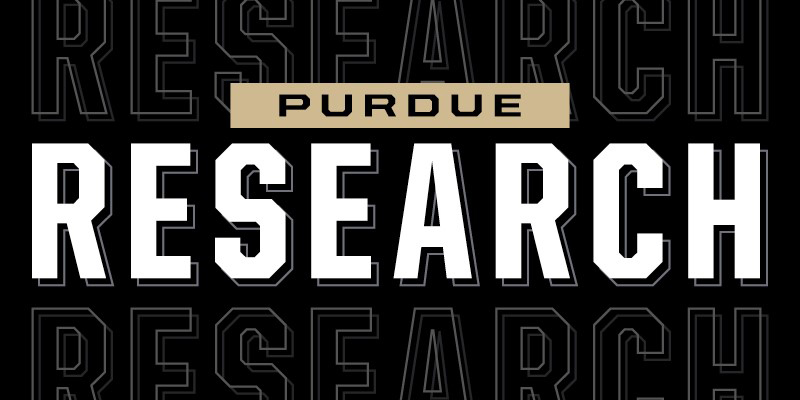
Key research finding
Most strokes happen when an artery in the brain becomes blocked. Blood flow to the neural tissue stops, and those tissues typically die. Because of the locations of the major arteries in the brain, many strokes affect motor function. Some affect vision, however, causing patients to lose their vision or find it compromised or diminished. A research team led by Purdue University's Alexander Chubykin, an associate professor of biological sciences in the College of Science, in collaboration with the team led by Gong Chen at Jinan University, China, has discovered a way to use gene therapy to turn glial brain cells into neurons, restoring visual function and offering hope for a way to restore motor function.
Neurons don't regenerate. The brain can sometimes remap its neural pathways enough to restore some visual function after a stroke, but that process is slow, it's inefficient, and for some patients, it never happens at all. Stem cell therapy, which can help, relies on finding an immune match and is cumbersome and difficult. This new gene therapy, as demonstrated in a mouse model, is more efficient and much more promising.
"We are directly reprogramming the local glial cells into neurons," Chubykin said. "We don't have to implant new cells, so there's no immunogenic rejection. This process is easier to do than stem cell therapy, and there's less damage to the brain. We are helping the brain heal itself. We can see the connections between the old neurons and the newly reprogrammed neurons get reestablished. We can watch the mice get their vision back."
Chubykin's research is especially important because visual function is easier than motor skills to measure accurately, using techniques including optical imaging in live mice to track the development and maturation of the newly converted neurons over the course of weeks. Perfecting and understanding this technique could lead to a similar technique reestablishing motor function. This research bridges the gap in understanding between the basic interpretation of the neurons and the function of the organs.
Purdue professor's expertise
Chubykin is an expert in how neurons respond to visual experiences, as well as conditions including autism and ischemic stroke. He is affiliated with the Purdue Institute for Integrative Neuroscience and the Purdue Autism Research Center.
Journal name






